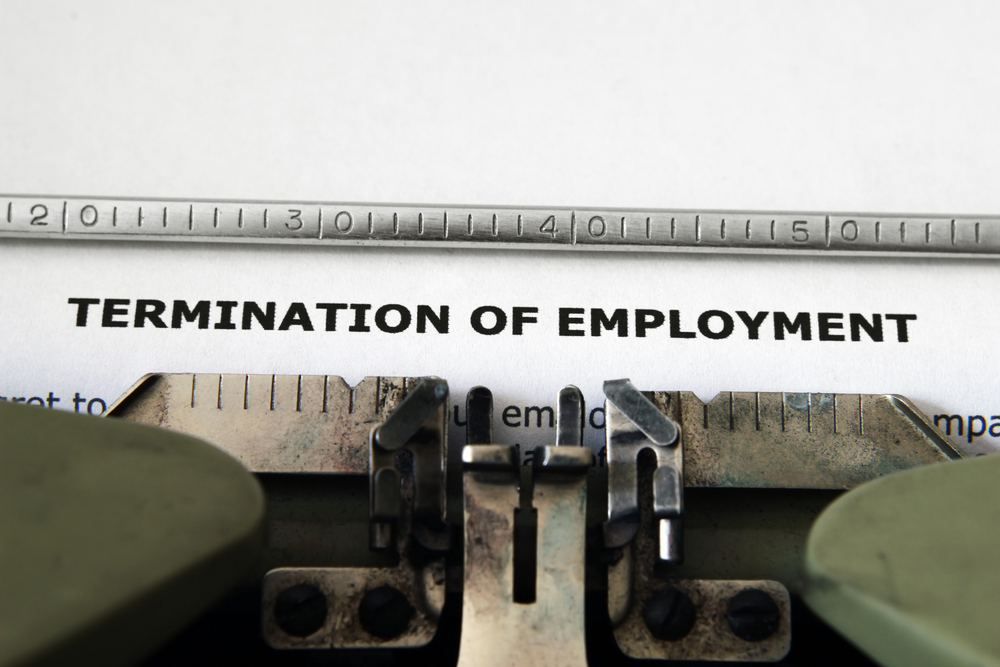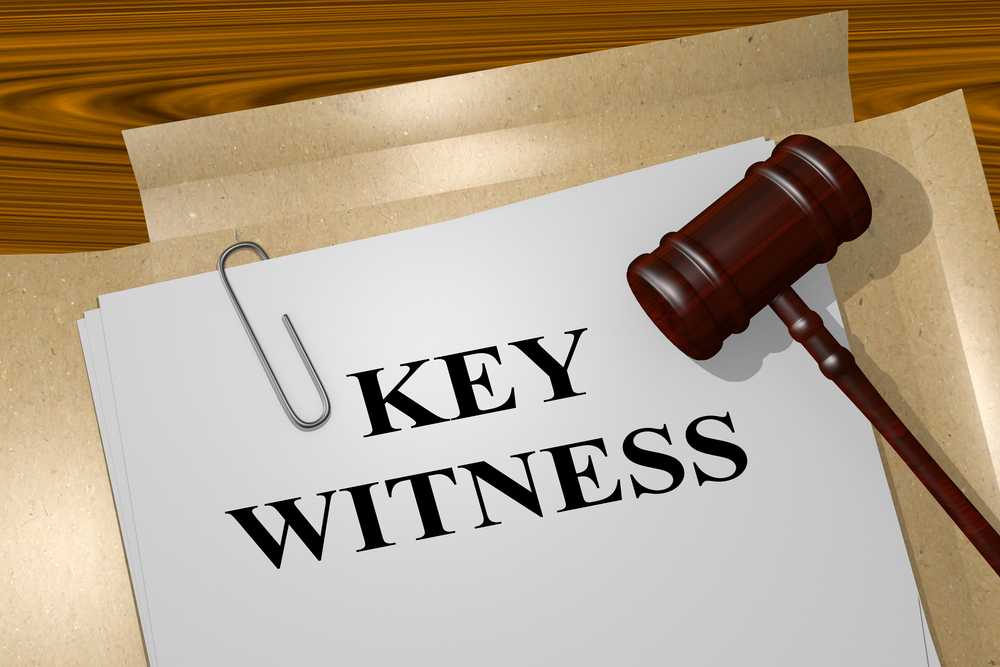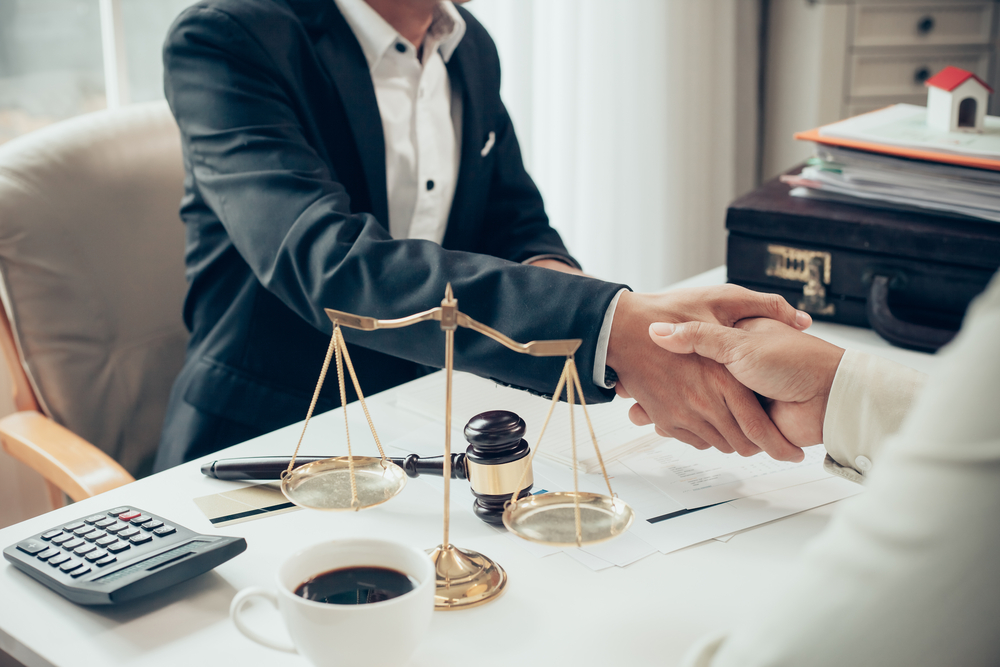Objecting and/or Refusing to Participate in Employer’s Activity in Violation of a Law, Rule, or Regulation under Florida’s Whistleblower Act
Previously, I discussed damages recoverable under Florida’s Whistleblower Act (“FWA”). What is the FWA? The FWA prohibits an employer from taking retaliatory action against an employee because the employee has “[o]bjected to, or refused to participate in, any activity, policy, or practice of the employer which is in violation of a law, rule, or regulation.” § 448.102(3), Fla. Stat. (2005). “ ‘Law, rule, or regulation' includes any statute or ordinance or any rule or regulation adopted pursuant to any federal, state, or local statute or ordinance applicable to the employer and pertaining to the business.” § 448.101(4), Fla. Stat. (2005). To establish...
Continue reading













